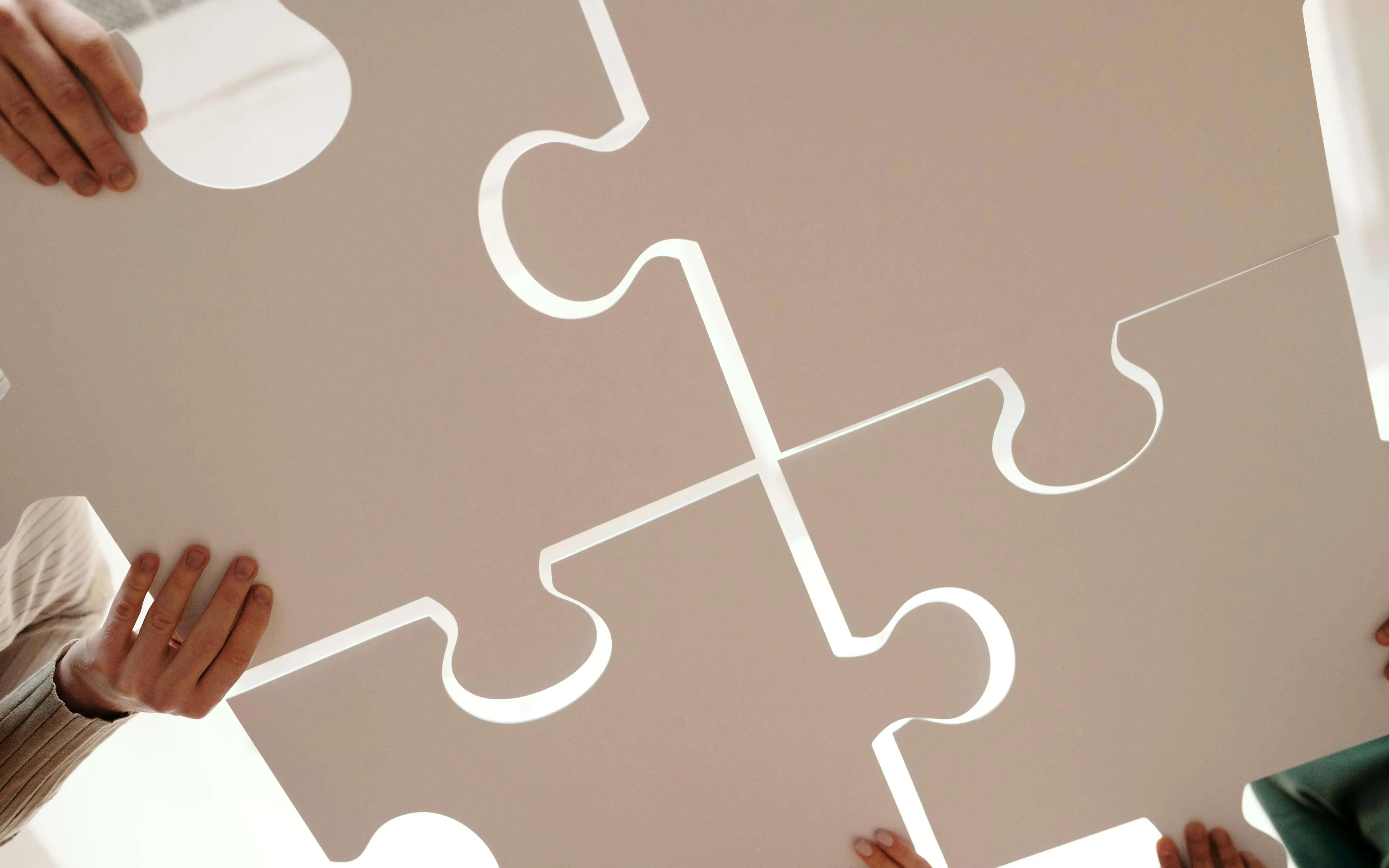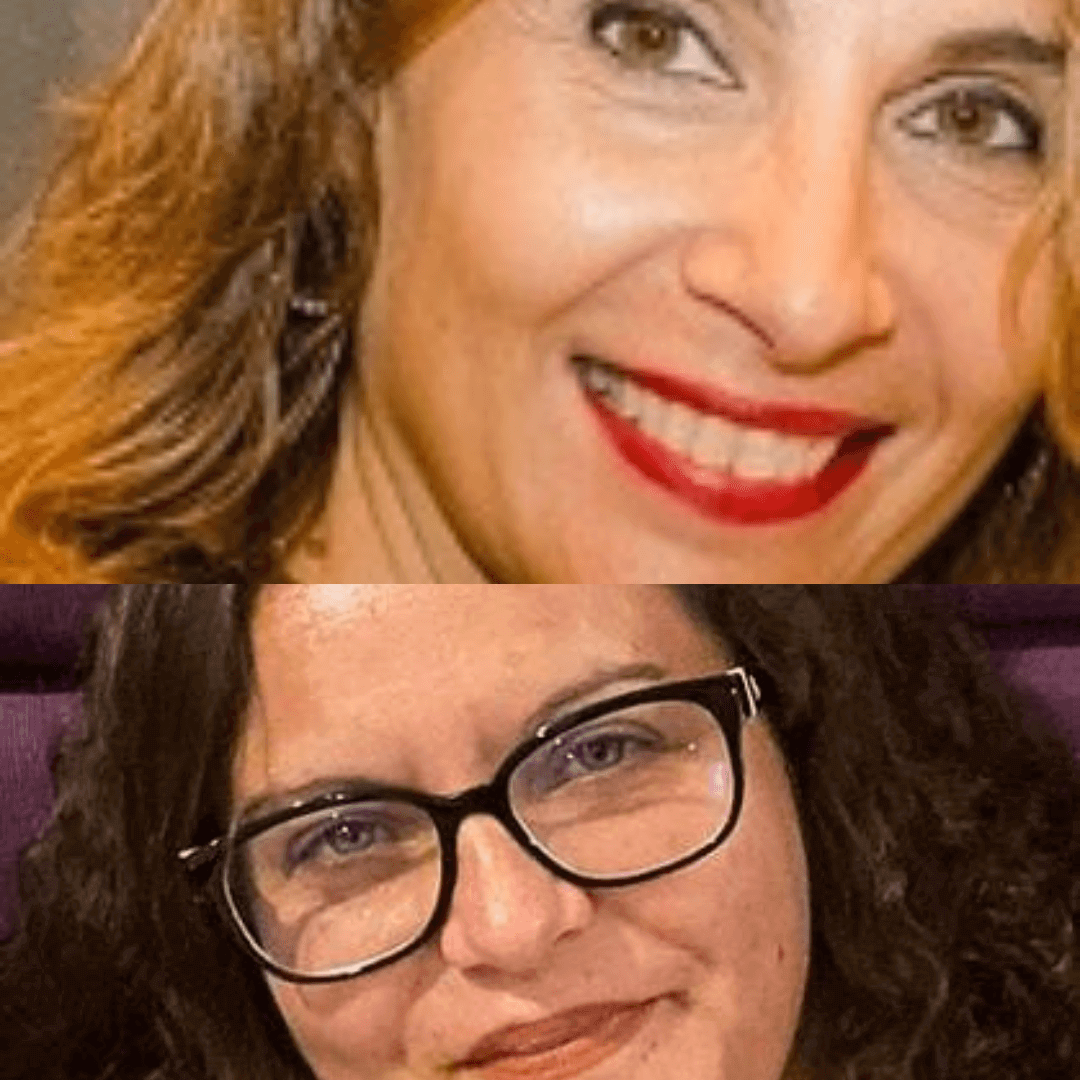
Reflection on how volunteering sustains local communities, builds trust, and acts as social glue in times of polarization.
In a time when communities across Europe face increasing polarisation, social fragmentation, and declining trust in institutions, volunteering quietly emerges as one of the most powerful forces for cohesion. It is often informal, under-recognised, and invisible in policy debates, yet its impact is profound. In Maia, this reality is not only acknowledged but actively embraced.
Maia’s recognition as both the Portuguese Capital of Volunteering and the forthcoming European Volunteering Capital 2026 is far more than a symbolic honour; it reflects a long-standing commitment to civic engagement, innovation, and community solidarity. These titles represent not only what Maia has achieved, but also what it aspires to become: a municipality where volunteering is central to public life and social transformation.
The Maia Capital Portuguesa do Voluntariado programme laid the foundation for a comprehensive and inclusive approach to volunteering. In Maia, volunteering is not confined to a single sector, it is embedded across education, health, the environment, animal care, culture, social inclusion, sports, youth and active ageing.
With the European title, Maia’s strategy now takes on a broader dimension. The municipality becomes a reference point across Europe, demonstrating how volunteering can be a powerful tool for territorial development, democratic participation, and social innovation. Maia is now positioned to share its experiences, inspire other cities, and lead a European conversation on the future of volunteering.
Maia’s volunteering strategy is both inclusive and adaptive, reflecting the municipality’s commitment to engaging all citizens while responding to evolving social needs. Through initiatives such as the Local Volunteer Centre, volunteering opportunities are made accessible to people of all ages, backgrounds, and abilities. Projects span intergenerational, environmental, cultural, and social themes, fostering meaningful participation and community connection.
At the same time, Maia demonstrates a strong capacity for innovation and responsiveness. Programmes such as Voluntariado Digital, mental health support, and rapid mobilisation in times of crisis illustrate how the municipality proactively invests in community wellbeing. These initiatives are not merely reactive, they anticipate challenges and create resilient structures that strengthen social cohesion and solidarity.
Diversity is not merely welcomed, it is celebrated. Young people, older adults, migrants, and individuals with disabilities all find space and voice within Maia’s volunteering ecosystem. Volunteering becomes a platform for connection, dialogue, and collective action.
Education is a cornerstone of Maia’s volunteering strategy. The municipality promotes awareness campaigns in schools, training programmes, and public events that nurture a culture of solidarity from an early age. Educating for active citizenship is regarded as an investment in the future preparing new generations to become changemakers within their communities.
Maia stands out for its commitment to social innovation. Initiatives such as Digital Volunteering, mental health support, and emergency response volunteering demonstrate the municipality’s ability to adapt to emerging needs and challenges.
Recognition is also key. Volunteers are honoured, their stories are shared, and their contributions are celebrated. This culture of appreciation strengthens the identity of volunteering and encourages more people to get involved.
Being named the European Volunteering Capital 2026 is a collective responsibility. It is an opportunity to showcase Maia’s achievements and to deepen its commitment to volunteering. It is a moment to strengthen networks, build new partnerships, and engage more citizens in shaping the future of their community.
This European title also opens doors to international collaboration, knowledge exchange, and increased visibility. Maia becomes a leader in promoting active citizenship and solidarity across borders.
Volunteering is the heartbeat of Maia’s transformation. It is through volunteering that we build more cohesive, resilient, and compassionate communities. With everyone’s involvement, Maia will continue to be a national and European example of civic participation.
Every act of volunteering, no matter how small, contributes to a stronger municipality. And now, with European recognition, Maia has both the responsibility and the opportunity to leave a legacy that inspires Portugal and the rest of Europe.
Maia is committed to demonstrating how volunteering sustains local communities, builds trust, and acts as social glue in an increasingly divided world.



Add new comment